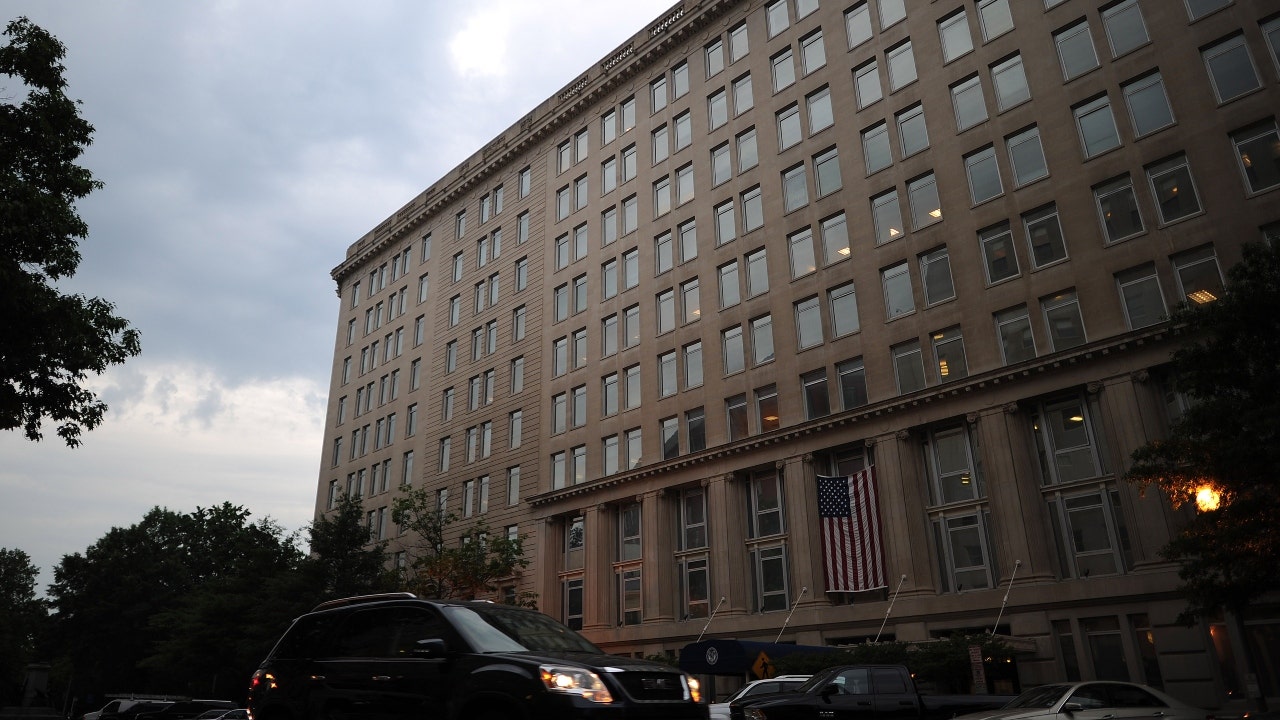Department of Veterans Affairs researchers at five medical centers are collaborating to develop a cutting-edge artificial intelligence algorithm capable of accurately predicting aggressive prostate cancer. This groundbreaking research study, which was initiated on July 1 and has since expanded to include 14 sites, focuses on analyzing data from over 5,000 veterans who have been diagnosed with high-risk prostate cancer and have undergone initial treatment.
The innovative methodology involves using diagnostic images such as MRIs and high-resolution scans of prostate biopsies, as well as incorporating variables like income and geographic location. By identifying patterns within these data points, researchers hope to establish indicators that are indicative of aggressive prostate cancer.
Unlike previous studies, this research takes into account socioeconomic conditions, recognizing their significant impact on veterans’ overall health. Dr. Carolyn Clancy, the assistant Under Secretary for Health for Discovery, Education and Affiliate Networks, emphasized the novelty of this approach, stating, “No one else has incorporated socioeconomic conditions into a predictive model for high-risk prostate cancer, but we’ve seen multiple studies showing how they are a factor in veterans’ health.”
The study investigators are leveraging state-of-the-art technology, including cloud storage, computing infrastructure, and unique databases from programs such as the Million Veteran Program and the Prostate Cancer Foundation-VA partnership.
This advancement in AI-driven prediction models for high-risk prostate cancer not only offers a cost-effective solution for healthcare facilities but also provides a valuable framework for future discoveries. Dr. Matthew Rettig, co-principal investigator for the study, expressed his optimism about the research’s wide-ranging impact, stating, “The infrastructure developed by this research will serve as a valuable hub for future discovery and… serve as a roadmap to develop similar AI algorithms for other cancers, such as lung cancer and even non-cancerous diseases that commonly affect our veterans.”
Prostate cancer is a prevalent concern in the United States, ranking as the second most common cancer among men, according to the Centers for Disease Control and Prevention. In 2020 alone, there were over 200,000 new cases of prostate cancer reported, resulting in approximately 33,000 deaths.
Notably, prostate cancer is the second-most commonly diagnosed cancer among U.S. veterans and constitutes 30% of new cancer diagnoses within the Department of Veterans Affairs.
The potential of this AI algorithm to significantly improve early detection and treatment outcomes for veterans is immense. By harnessing the power of artificial intelligence and incorporating a wide array of data sources, researchers are paving the way for a more personalized and targeted approach to prostate cancer diagnosis and management.
In conclusion, the Department of Veterans Affairs’ collaboration with medical centers in developing an artificial intelligence algorithm for predicting aggressive prostate cancer represents a notable advancement in healthcare technology. The utilization of diagnostic images, socioeconomic factors, and advanced computing resources demonstrates a forward-thinking approach with the potential for broader applications across various types of cancer and non-cancerous diseases.
Denial of responsibility! VigourTimes is an automatic aggregator of Global media. In each content, the hyperlink to the primary source is specified. All trademarks belong to their rightful owners, and all materials to their authors. For any complaint, please reach us at – [email protected]. We will take necessary action within 24 hours.


